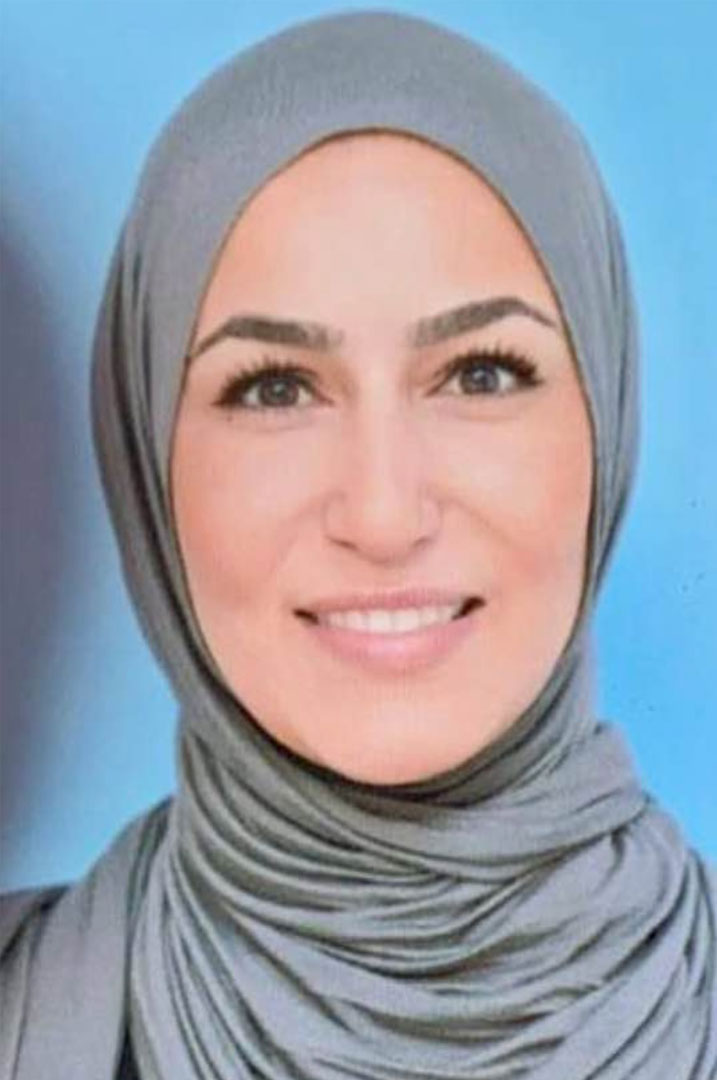Goals
Provide researchers with political and literal knowledge, theoretically and practically, according to modern theories and methodologies, and encourage them to prepare studies and researches to increase the academic scientific content in this field specially to focus on the legal and political problems of the society.
Graduate a new Palestinian generation specialized in international studies and conflict resolution and development, in addition to prepare them to understand the contemporary literal studies, the culture dialogue and the culture and scientific collaboration.
Take leadership responsibility in establishing and managing the public and private sectors.
Graduate a group of elite researchers capable to use their gained knowledge and skills in serving their local society and activate their social role to be able to blend in the labor market.
Enhance the culture dialogue and the capability to deal with other cultures to expand the scientific and culture collaboration with the outside.
Provide the Palestinian society with studies and researches that will enhance in resolving its social issues.
International and Local Partnerships
Since its establishment, the department was keen to start and build number of international and local partnerships such as the partnership with Cordoba Private University, Universidad de Granada, University of Flensburg, and Coventry University in Britain. These partnership relations enhanced in opening new academic programs that fulfilled the Palestinian society and market needs.
The department also focuses on the community activities as it provides services to the local community and offers public lectures under collaboration with the Conflict Resolution Center in AAUP. It also provides training programs in the conflict resolution field, the international relations, diplomacy, media, press, and sustainable conflict resolution, and some of the department professors are also members of community and formal committees.
The social sciences department teaches its lectures in smart classrooms available at the faculty as this enables professors to do joint and interactive lectures with other graduate studies students in American and European universities using the Conference Call and Distance Learning way. This way enables students to communicate live with each other’s and have a fruitful discussion about the joint issues.
Focusing on the Quality
Aiming to focus on providing high quality programs to students, the department put a modern way to evaluate the program and guarantee its quality, by having a continuous communication with other centers, universities and organizations in order to evaluate the academic programs that the department offers, and provide a higher education with international standards. The quality assurance unit prepares a regular internal assessment about the courses offered, to guarantee using some learning and evaluation techniques.
Programs
This is a formal text, meaning that the purpose is the form, not the content, and it is used in the printing and publishing industries. Since the fifteenth century, when an unknown printer stacked a group of letters randomly taken from a text, to form a booklet that served as a guide or formal reference for these letters.
Faculty Members
Board of Directors
This is a formal text, meaning that the purpose is the form, not the content, and it is used in the printing and publishing industries. Since the fifteenth century, when an unknown printer stacked a group of letters randomly taken from a text, to form a booklet that served as a guide or formal reference for these letters.








